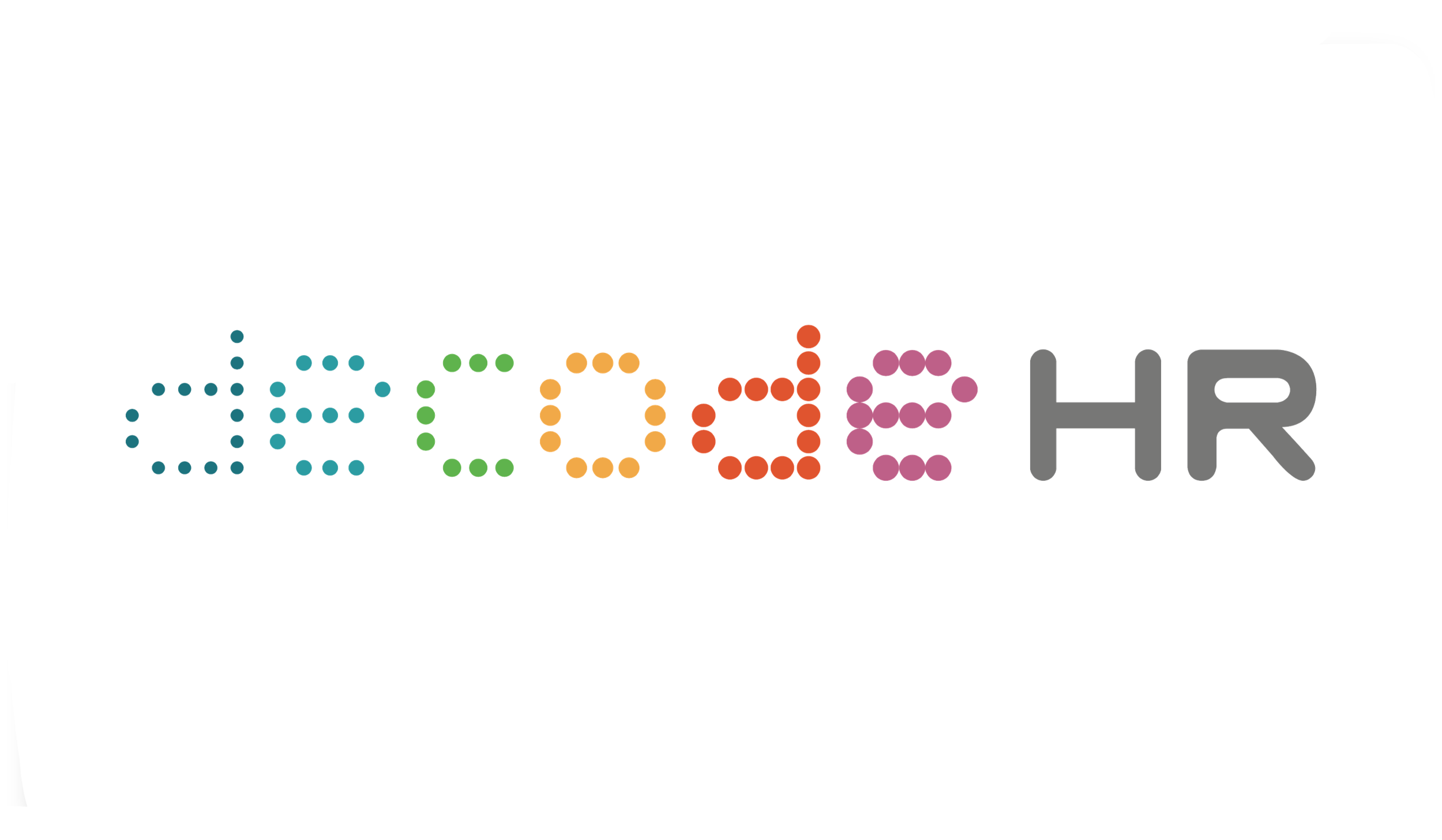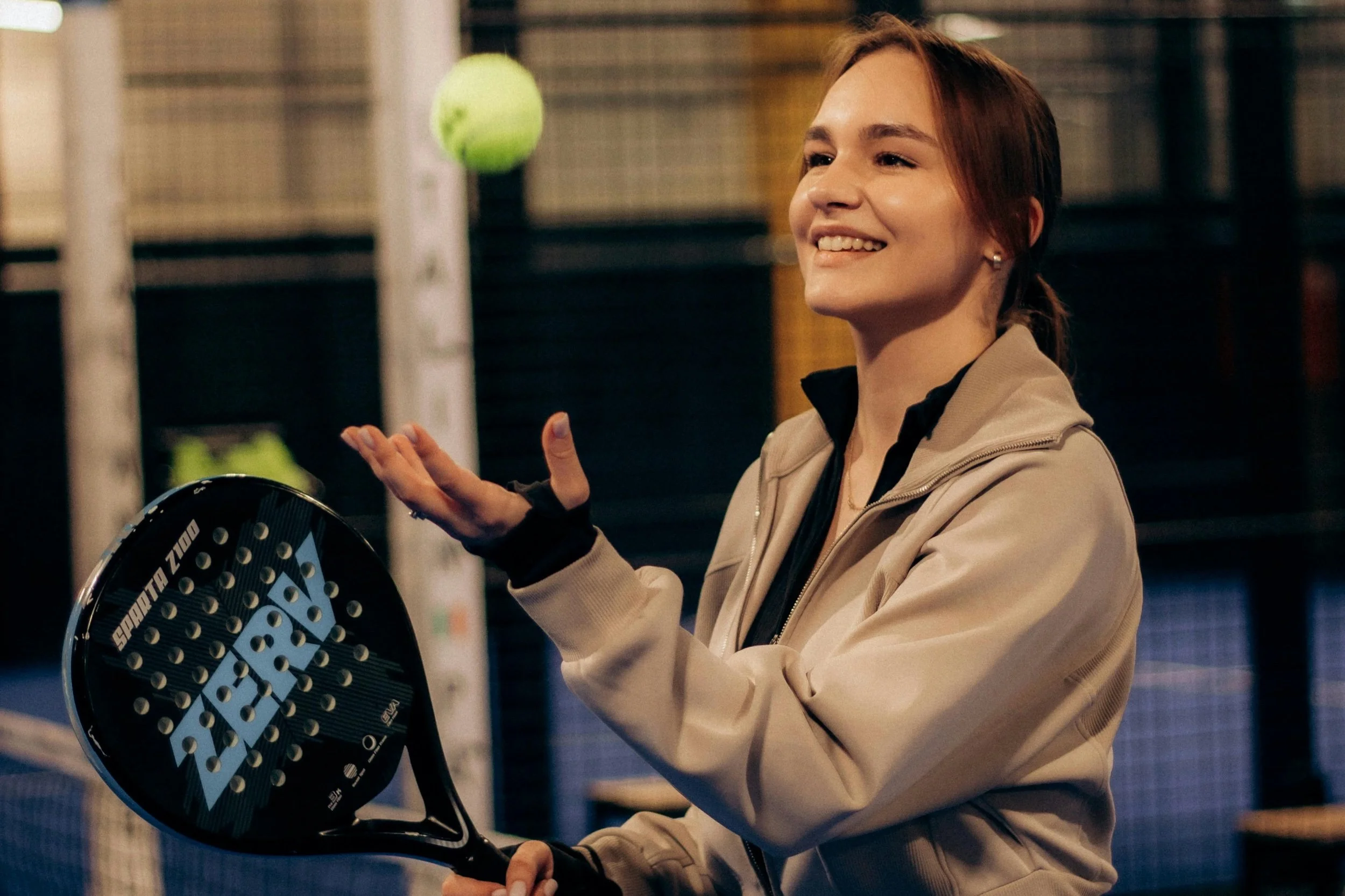How Generative AI Can Up Your Recruitment Game
Reading time: 2 mins
Generative AI is gaining more prominence in the future of recruitment.
Photo: Canva
Artificial intelligence (AI) is the buzzword of 2023. We've heard it everywhere. The number of AI startups has jumped compared to previous years, and big players such as Google and Microsoft are splurging on AI. And for good reason: its application across industries is valuable. One, in particular, is talent acquisition and recruitment.
Difference between AI and Generative AI
Artificial Intelligence (AI) is a broad term that encompasses the simulation of human intelligence in machines. It refers to the capability of computers to perform tasks that typically require human intelligence, such as problem-solving, learning, reasoning, and decision-making.
Generative AI, such as ChatGPT, refers to a type of AI that is specifically designed to produce fresh content, including text, images, audio, and video. These models are trained using large datasets and use the patterns they learn from the data to generate new content similar to what they have learned. It is generative AI that can engage in human-like interactions.
The future of hiring
It is clear that AI technologies are a game-changer. Generative AI can reduce time spent on tasks such as writing job descriptions, by suggesting keywords and crafting the job description based on your company’s needs.
In a typical scenario, when a recruiter manually composes an outreach message, he or she would review select parts of a candidate's LinkedIn content. In contrast, generative AI can meticulously analyse a candidate’s extensive text to create a more personalised message, yielding notably better outcomes.
Integrating generative AI in recruitment enhances HR efficiency. AI swiftly screens resumes, freeing recruiters to focus on interviews and relationship management. For instance, in a scenario with thousands of applications, AI steps in as your trusty ally, expediting the initial screening process. This allows recruiters to dedicate more time to candidate interactions.
Additionally, with generative AI, outreach messages are no longer generic. They become tailored and personalised, thereby increasing candidate engagement. This synergy optimises recruitment by leveraging AI for tasks that benefit from automation, while emphasising recruiters' human expertise where it matters most.
Companies that use Applicant Tracking Systems (ATS) can also enhance their processes with AI, which can predict top candidates based on unique experiences instead of just keywords. It simplifies scheduling, engages candidates with tailored content, and assists in creating personalised feedback after interviews [1].
A survey of 1000 business leaders found that most companies use ChatGPT for hiring-related tasks, including writing job descriptions, drafting interview requests, and responding to applicants.
Ultimately, AI can save time on routine tasks by automating them, thereby freeing the recruiter's time for valuable human interactions, while generative AI can help to create much more personal responses during the earlier stages of the recruitment process.
Read this article to discover five ways in which AI can enhance the talent acquisition process.
Contact us to explore ways of digitalising and enhancing some of your HR processes.






